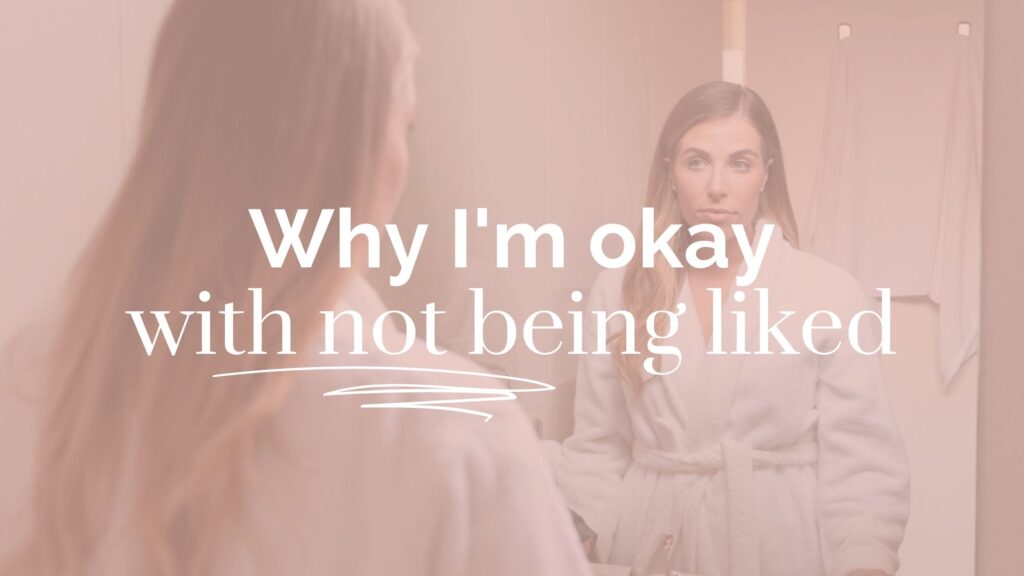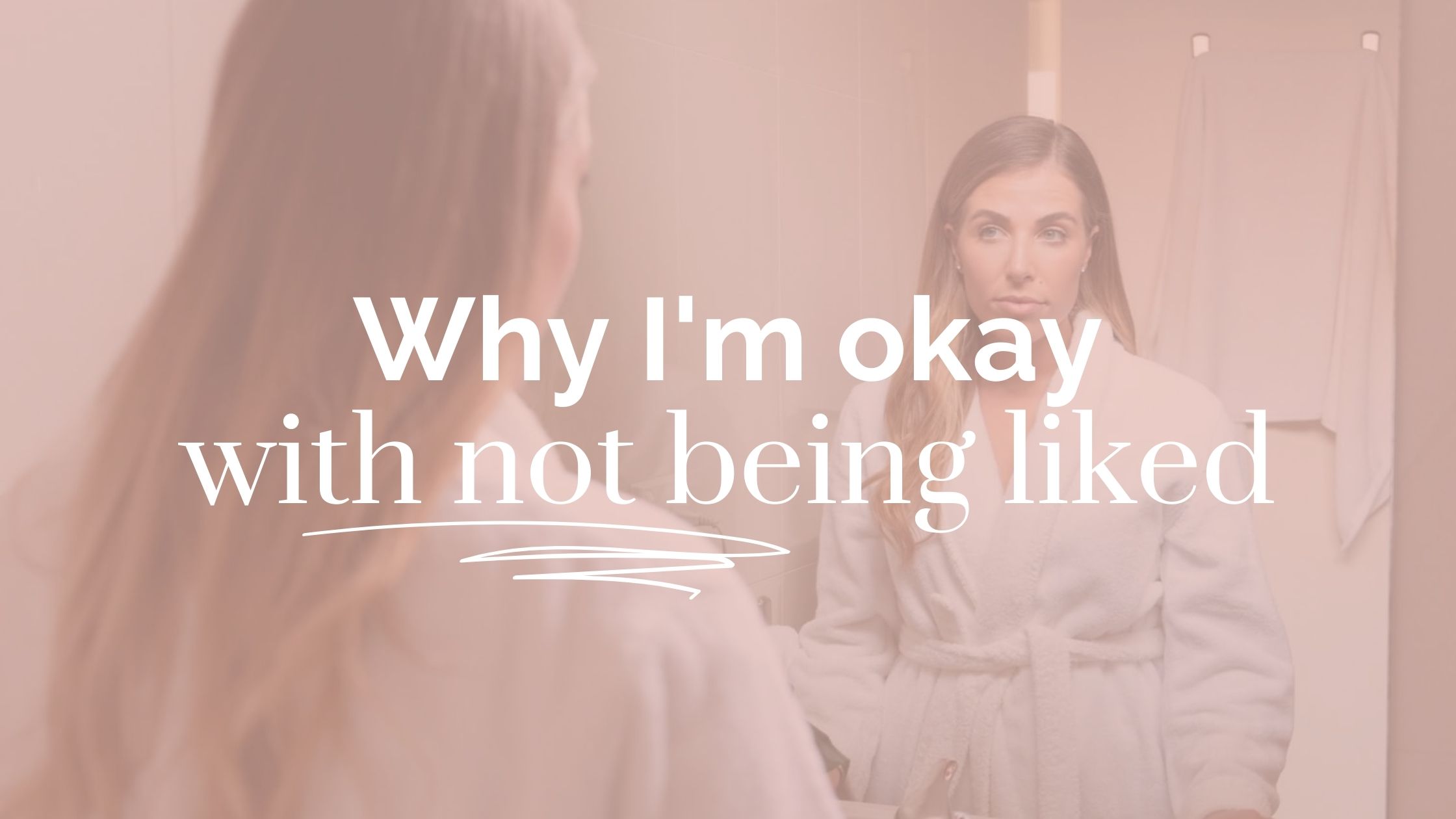
Navigating the Social Maze: Why Not Being Liked in High School Isn’t the End of the World
High school. For many, the words conjure up images of Friday night lights, promposals, and lifelong friendships. But for others, it’s a minefield of social anxieties, awkward encounters, and the often-painful realization of not being liked in high school. If you find yourself in the latter category, know this: you are not alone, and it’s far from a life sentence.
The intense social pressures of high school often make it feel like popularity is the ultimate measure of worth. This is particularly acute during adolescence, when social acceptance is paramount. The constant competition for status and the fear of rejection can lead to immense stress and self-doubt. However, it’s crucial to understand that the social dynamics of high school are often artificial and fleeting. The individuals who are perceived as ‘popular’ may not necessarily be the most well-adjusted or successful in the long run. In fact, many people who struggled with not being liked in high school find that their experiences ultimately shape them into stronger, more resilient, and more authentic adults.
The Illusion of Popularity
High school popularity is often based on superficial factors like appearance, athletic ability, or social connections. It’s a hierarchical system fueled by peer pressure and conformity. What’s considered ‘cool’ or ‘desirable’ can change rapidly, leaving many feeling perpetually out of step. The quest for acceptance can lead individuals to compromise their values and behave in ways that are inauthentic to their true selves. [See also: Understanding Social Anxiety in Teens]
This pressure to conform is especially challenging for those who don’t fit neatly into predefined social categories. Individuals with unique interests, unconventional styles, or different perspectives may find themselves marginalized or excluded. This can lead to feelings of isolation, loneliness, and a sense of not being liked in high school. But it’s important to remember that these differences are often what make us unique and valuable.
Why Does It Hurt So Much?
The pain of not being liked in high school is often amplified by the hormonal changes and emotional volatility of adolescence. During these formative years, our brains are still developing, and we’re particularly vulnerable to social rejection. The fear of being ostracized can trigger a primal survival instinct, making the experience feel incredibly intense and overwhelming.
Furthermore, the constant exposure to social media exacerbates these feelings. Platforms like Instagram and TikTok often present a curated and idealized version of reality, making it easy to compare ourselves to others and feel inadequate. The constant stream of likes, comments, and followers can become a measure of self-worth, further fueling the pressure to be liked and accepted. This is particularly damaging for adolescents who are already struggling with not being liked in high school.
Coping Strategies for Navigating High School Social Dynamics
While the experience of not being liked in high school can be painful, there are several strategies you can employ to navigate these challenging social dynamics:
- Focus on Your Strengths and Interests: Instead of trying to fit in, embrace your unique qualities and pursue activities that you genuinely enjoy. This will not only boost your self-esteem but also connect you with like-minded individuals who appreciate you for who you are.
- Build Meaningful Connections: Prioritize quality over quantity when it comes to friendships. Focus on building deep and meaningful connections with a few close friends who support and understand you. These genuine relationships will provide a sense of belonging and validation that can buffer against the pain of social rejection.
- Develop a Strong Sense of Self-Worth: Remember that your worth is not determined by your popularity or social status. Cultivate a strong sense of self-worth based on your values, accomplishments, and inner qualities. This will help you resist the pressure to conform and stay true to yourself.
- Seek Support from Trusted Adults: Talk to a trusted adult, such as a parent, teacher, or counselor, about your feelings and experiences. They can provide valuable guidance and support during this challenging time. [See also: Mental Health Resources for Teenagers]
- Practice Self-Care: Engage in activities that promote your physical and emotional well-being, such as exercise, meditation, or spending time in nature. Taking care of yourself will help you manage stress and build resilience.
The Long-Term Perspective: High School Is Not the Pinnacle of Life
It’s crucial to remember that high school is just a small chapter in your life. The social dynamics and hierarchies that seem so important now will likely fade into insignificance as you move on to college, career, and beyond. Many people who were not liked in high school go on to lead fulfilling and successful lives. They often develop a stronger sense of empathy, resilience, and independence as a result of their experiences.
The skills and qualities that are often undervalued in high school, such as creativity, critical thinking, and empathy, become increasingly important in the real world. Individuals who are able to think outside the box, challenge conventional wisdom, and connect with others on a deeper level are often the ones who thrive in their careers and relationships. The experience of not being liked in high school can actually be a catalyst for personal growth and development, fostering a sense of independence and self-reliance that can serve you well throughout your life.
Turning Adversity into Advantage
Many successful individuals credit their high school experiences, even the negative ones, with shaping their character and driving their ambition. They learned to rely on themselves, to value authenticity over popularity, and to pursue their passions regardless of what others thought. The resilience they developed from not being liked in high school became a valuable asset in overcoming challenges and achieving their goals.
Consider this: many entrepreneurs, artists, and innovators were considered ‘outsiders’ or ‘misfits’ during their high school years. They didn’t fit into the mold, and they often faced social rejection. But they channeled their energy into their creative pursuits, developing their talents and building their own paths. Their experiences taught them the importance of perseverance, self-belief, and the courage to be different. [See also: Famous People Who Were Bullied in High School]
The Power of Perspective
Ultimately, the key to overcoming the pain of not being liked in high school is to shift your perspective. Instead of focusing on what you lack, focus on what you have to offer. Embrace your unique qualities, cultivate meaningful relationships, and pursue your passions with enthusiasm. Remember that your worth is not determined by the opinions of others. Your value lies in your character, your integrity, and your capacity for kindness and compassion.
The social landscape of high school is often a temporary and artificial construct. Don’t let it define you. Focus on building a strong foundation for your future, developing your talents, and creating a life that is authentic and meaningful to you. The experience of not being liked in high school can be a valuable lesson in resilience, self-acceptance, and the importance of staying true to yourself. It’s a chapter that can ultimately lead to a more fulfilling and successful life.
So, if you’re feeling the sting of not being liked in high school, take heart. This is not the end of the world. It’s an opportunity to grow, to learn, and to become the best version of yourself. Embrace the journey, stay true to your values, and remember that your future is bright and full of possibilities.

